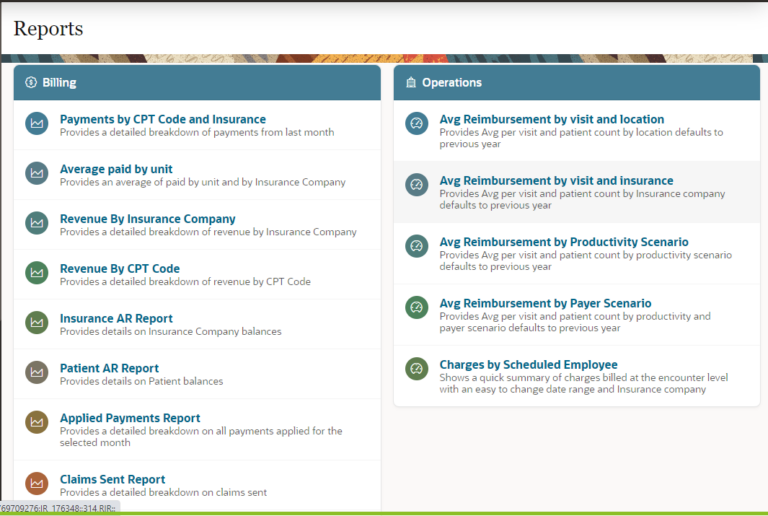Pros and Cons of Being a Cash-Based Physical Therapy Practice
Frustration with health insurers — specifically the reimbursement process and appealing claim disavowals — has driven numerous Physical Therapists to consider progressing their practices from insurance-based to all-cash. A portion of the benefits is the freedom to treat patients without insurance commands and have more opportunity to go through with patients amid each practice visit. In the meantime, there are likewise challenges to dealing with an all-cash practice that keeps it from being the one-size-fits-all solution for all healthcare professionals. We should investigate cash-based practices to check whether the progress is a solid match at all.
How They Work
Most cash-based practices are not entirely “cash-based.” They have a financial policy that requires payment at the time of treatment and acknowledges a scope of payment strategies including cash, checks or credit/platinum cards. Patients with insurance pay for the care in advance and afterward submit claims for reimbursement to their various insurers. Despite the fact that cash-based practices decide to never again acknowledge private insurance, they still work with Medicare or may decide to not accept patients who want to utilize the Medicare program. In the present insurance condition with higher deductibles and bigger self-pay portions, regardless of whether you’ve made no change, you may as of now be more cash-based than you realize. Since most practices, regardless of whether cash-based or not, have a policy where payment is expected at the time of treatment — A lot of patients may readily be considered cash patients.
The Benefits
Progressing to an all-cash practice gives advantages to Physical Therapists. CareCredit practice development directors/managers get notification from some Physical Therapists workplaces that they spend as much as 30% of their time and financial assets endeavoring to gather payments from insurance companies. Cash-only practices may encounter lower overhead by taking out or extraordinarily decreasing the requirement for claim processing, patient billing and collection expenses and costs identified with insurance and managed care. Maybe the greatest advantage is the expanded time and attention you and your staff need to spend on patient care, with less or no insurance administration duties.
Less struggle, less stress
When you get off the insurance merry-go-round, you will discover another world of practice opportunities and a more advantageous, hassle-free practice. One of the main benefits of going all cash is that you won’t require a billing employee any longer (nor will you have complex collections statistics to review each month). That is on the grounds that you will get paid for the work you do at the time of the visit. You will practice in reality as we know it where there is no pre-certification, no risk of recoupment or review, and no surprise dissents that make financial projections hard to compute.
The Challenges
The quickest challenge you may look in transitioning into an all-cash practice might be discovering approaches to hold as many patients as possible and drawing in more new patients and growing referrals. Since patients who are in the propensity for processing their insurance through the practice will never again be able to do as such, you may encounter a degree of patient loss as some go where they won’t need to process their own insurance claim. For patients who stay and get reimbursement, it’s imperative that your team make the process as uncomplicated and straightforward as possible. With regards to attracting new patients, an all-cash policy may seem less service centered than competitors that bill insurance. Moreover, many patients with coverage tend to remain within the parameters of their insurance company’s participating providers to amplify benefits. As an all-cash practice, you won’t be regarded as a participating provider and may need to put additional time and resources in marketing and administration to draw in and retain new patients and build practice growth.





